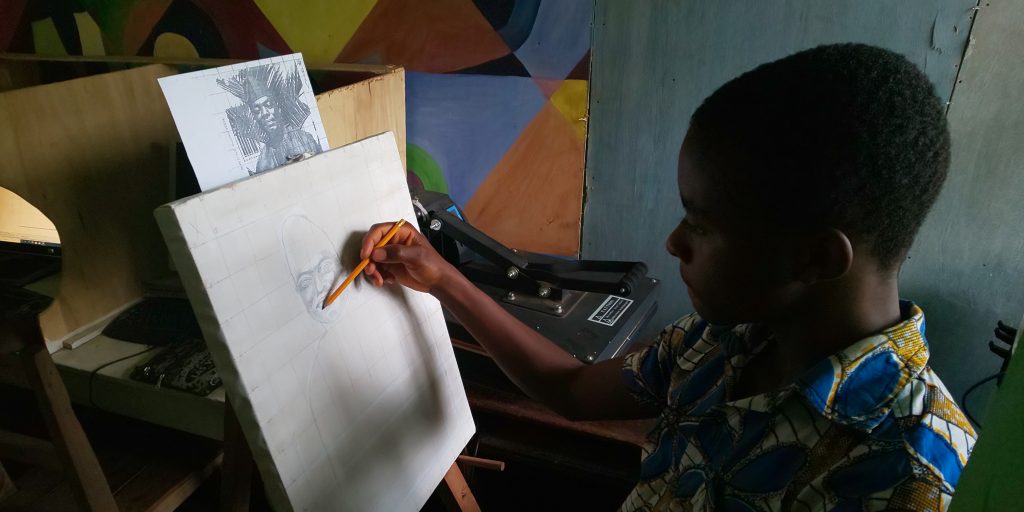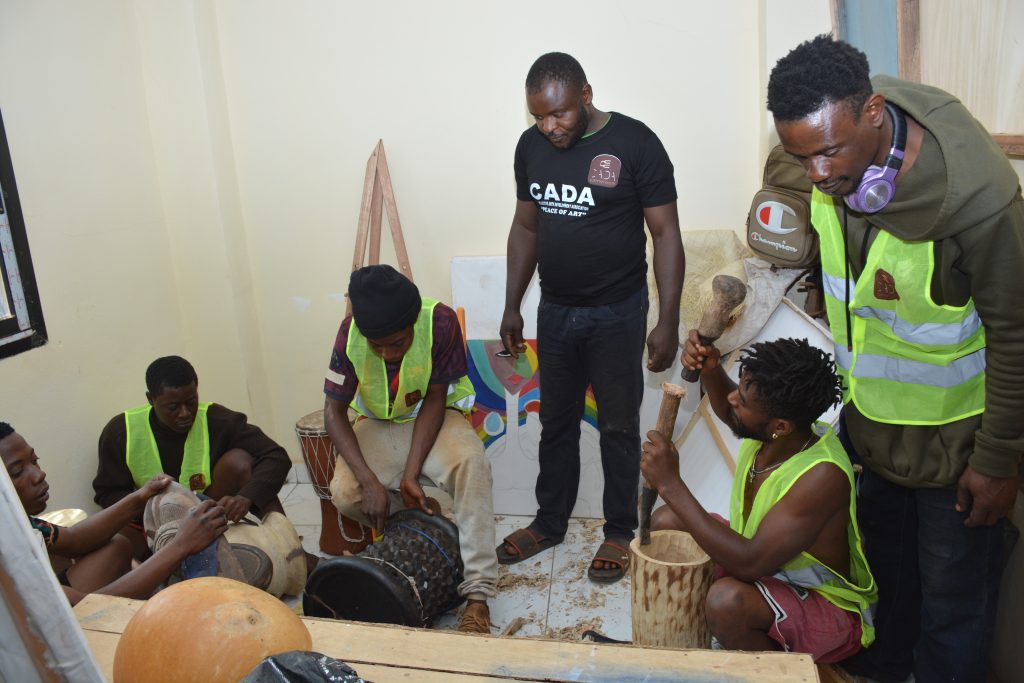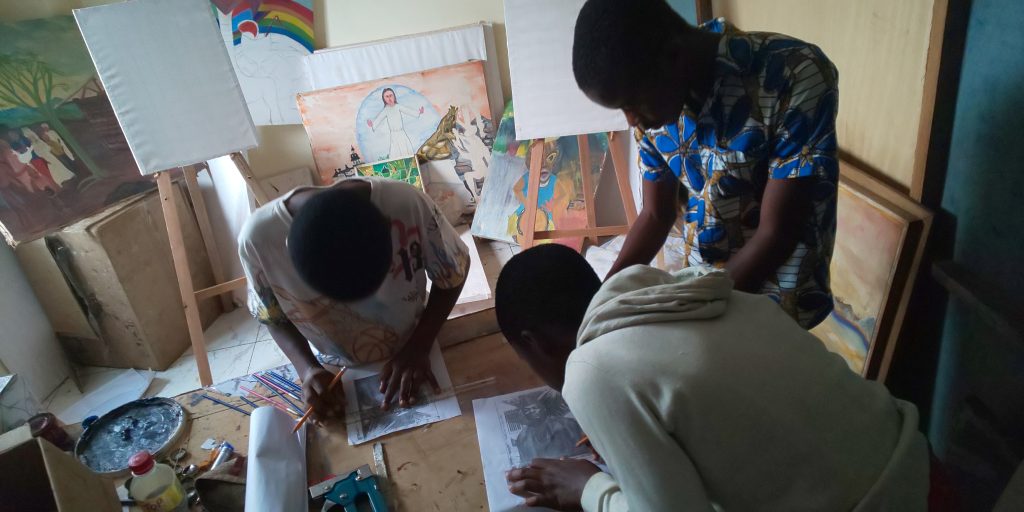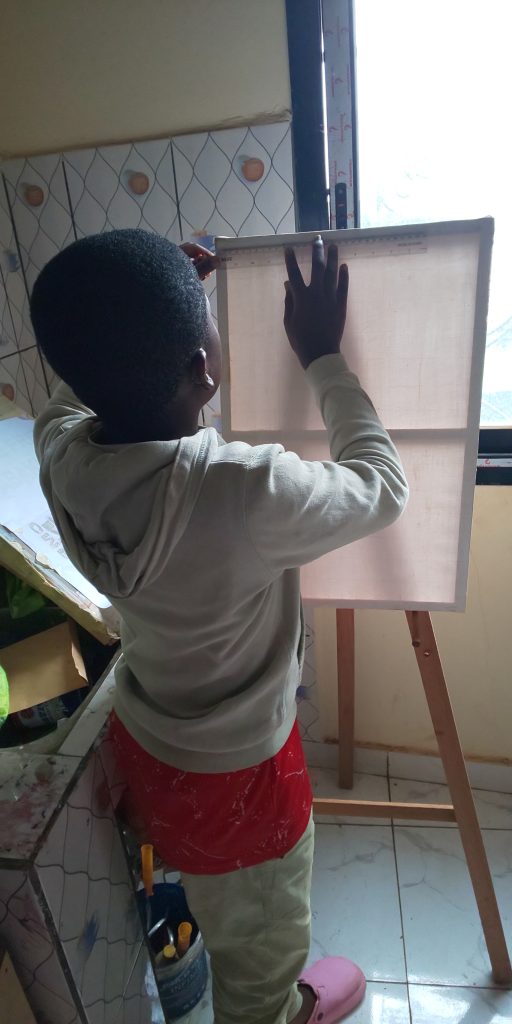Welcome to CADA
Building Resilience Through Art and Social Entrepreneurship

CADA-A place to rebuild futures through creative expression
What is CADA?
Located down town in the Bamenda highlands,CADA is a non profit organization with an art school that uses various artistic disciplines and creative entrepreneurship to transform the lives of disadvantaged youths severely affected by the Anglophone crisis in the Northwest region of Cameroon.
Who we Are
We are a team of professional art and social entrepreneur facilitators who give their all to practically equip disadvantaged and crisis affected youths with skills and tools required to build confidence,generate income and lead responsible and meaningful lives.
What we do
We operate an art school where through an immersive and intensive training program,participants acquire all the tools,skills and techniques required to rebuild stability,voice and hope.Through art and creative entrepreneurship,they gain abilities which lead to income generation and a safe space to express trauma,build confidence,and feel seen and valued.



Contribute
HOW CAN YOU HELP: MAKE A DONATION through the link on our donation page
Your donation makes it possible for homeless, displaced and vulnerable youths to participate in the training course. There,they learn everything they need to rebuild their lives,generate income and lead responsible lives. Therefore your contribution has exponential effect over many years on the lives of these children the youths and their communities.
THANK YOU VERY MUCH FOR YOUR DONATION
